
Conference Coverage
about 1 month ago
Microbiota-Based Therapy Yields Response in Refractory GI-aGVHDLatest Content

Shorts
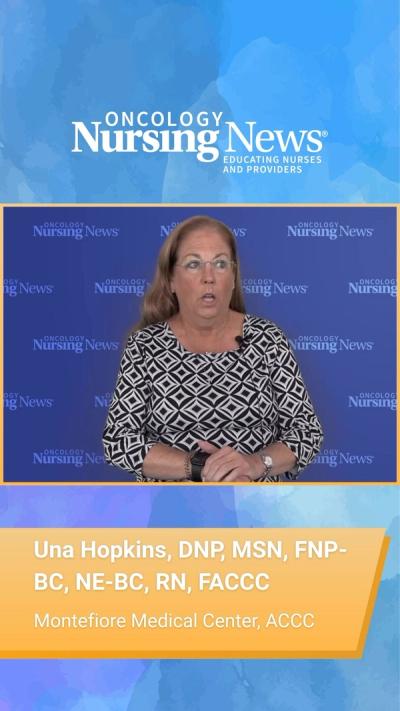
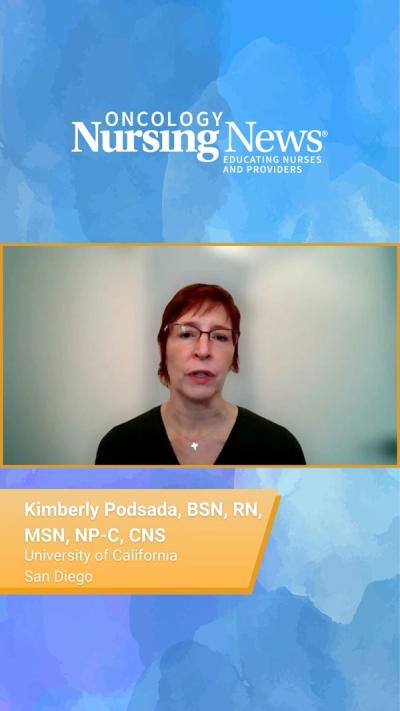


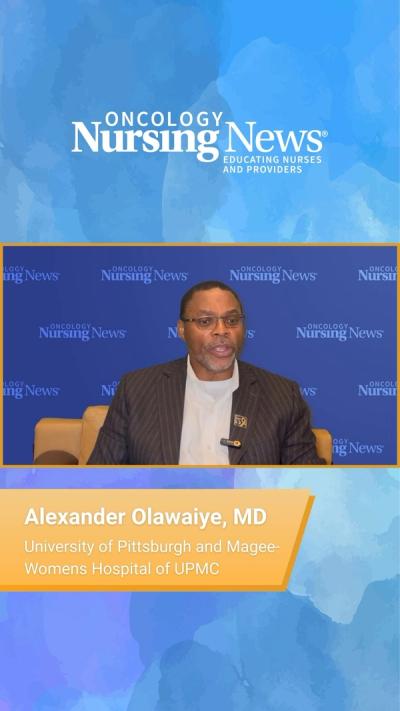
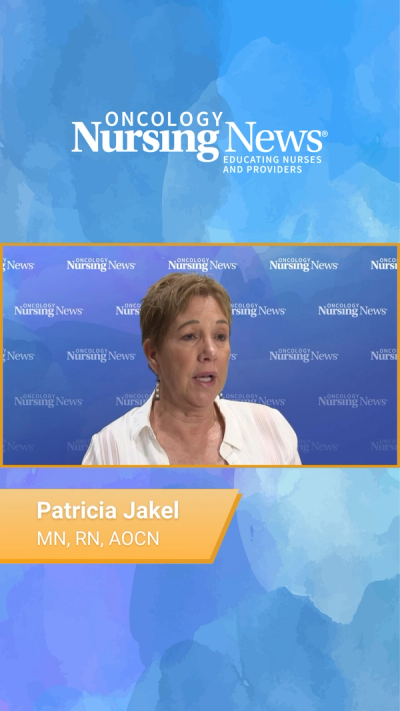

Podcasts
Videos
Continuing Medical Education
All News

The FDA approved subcutaneous daratumumab/VRd in patients with newly diagnosed multiple myeloma who are not eligible for ASCT. Here’s what you should know.

Plus, a phase 1 breast cancer vaccine, updated NCCN guidelines, and a combination with standard-of-care potential in triple-negative breast cancer.

The frontline combination of nivolumab and ipilimumab demonstrated long-term safety and efficacy in patients with unresectable hepatocellular carcinoma.

Kelly Grosklags, LICSW, BCD, FAAGC, FT, shares insights for dealing with grief as an oncology clinician.

Chemoradiotherapy led to OS and RFS benefit in patients with high-risk chemoradiotherapy vs radiotherapy alone.

Findings from the phase 3 COMMIT study show that adding mFOLFOX6 and bevacizumab to atezolizumab significantly improves PFS in patients with dMMR/MSI-H mCRC.

A 5-day NYC nurses' strike raises concerns about staffing, patient safety, and the critical role of oncology nurses in cancer care.

The FDA granted JSKN003 breakthrough therapy status for gynecologic cancers based on data from the phase 1 JSKN003-101 and phase 1/2 JSKN003-102 trials.

When patients with RCC progress on a TKI/IO combination, advanced practice providers use patient experience to inform treatment decisions.

Elizabeth Lee, MD, shares that rinatabart sesutecan’s mechanism of action may allow more patients with advanced endometrial cancer to receive effective treatment.

The frontline combination of encorafenib, cetuximab, and FOLFIRI yielded significant improvement vs SOC in BRAF V600E-mutated metastatic colorectal cancer.
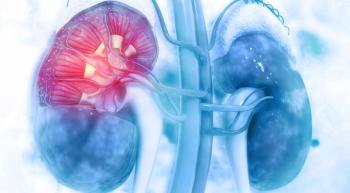
Margarita Huober, AGNP, AOCNP, explains that understanding a patient on an individual level leads to more informed care decisions in RCC.

Data link physical activity with reduced cancer-related fatigue in patients with colorectal cancer.

Transportation is a key accessibility issue for patients with HR-positive metastatic breast cancer receiving CDK4/6 inhibitors at community clinics.

Findings from a real-world, head-to-head comparison show greater colorectal cancer risk reduction and safety with the use of a GLP-1RA vs aspirin.











































